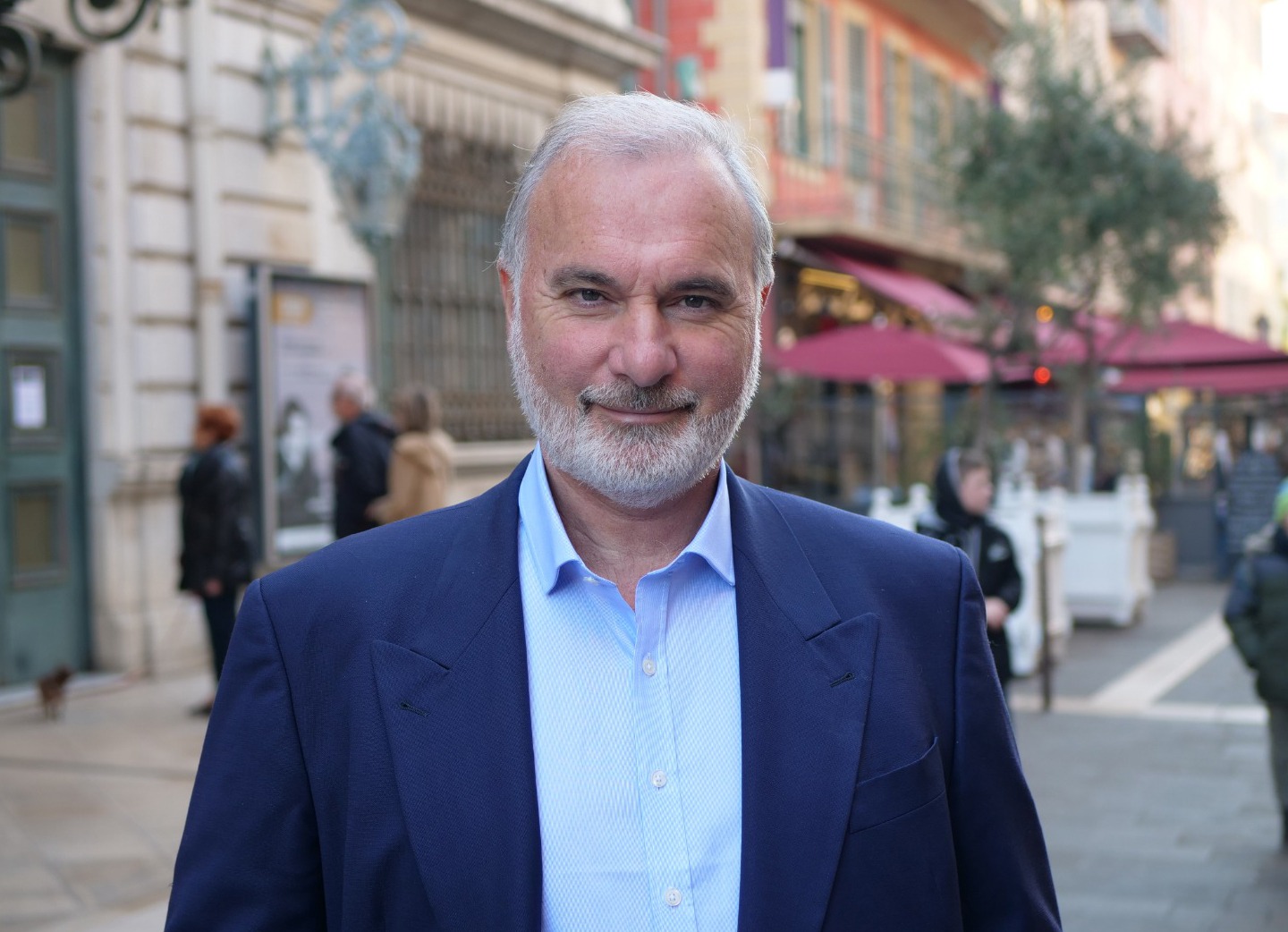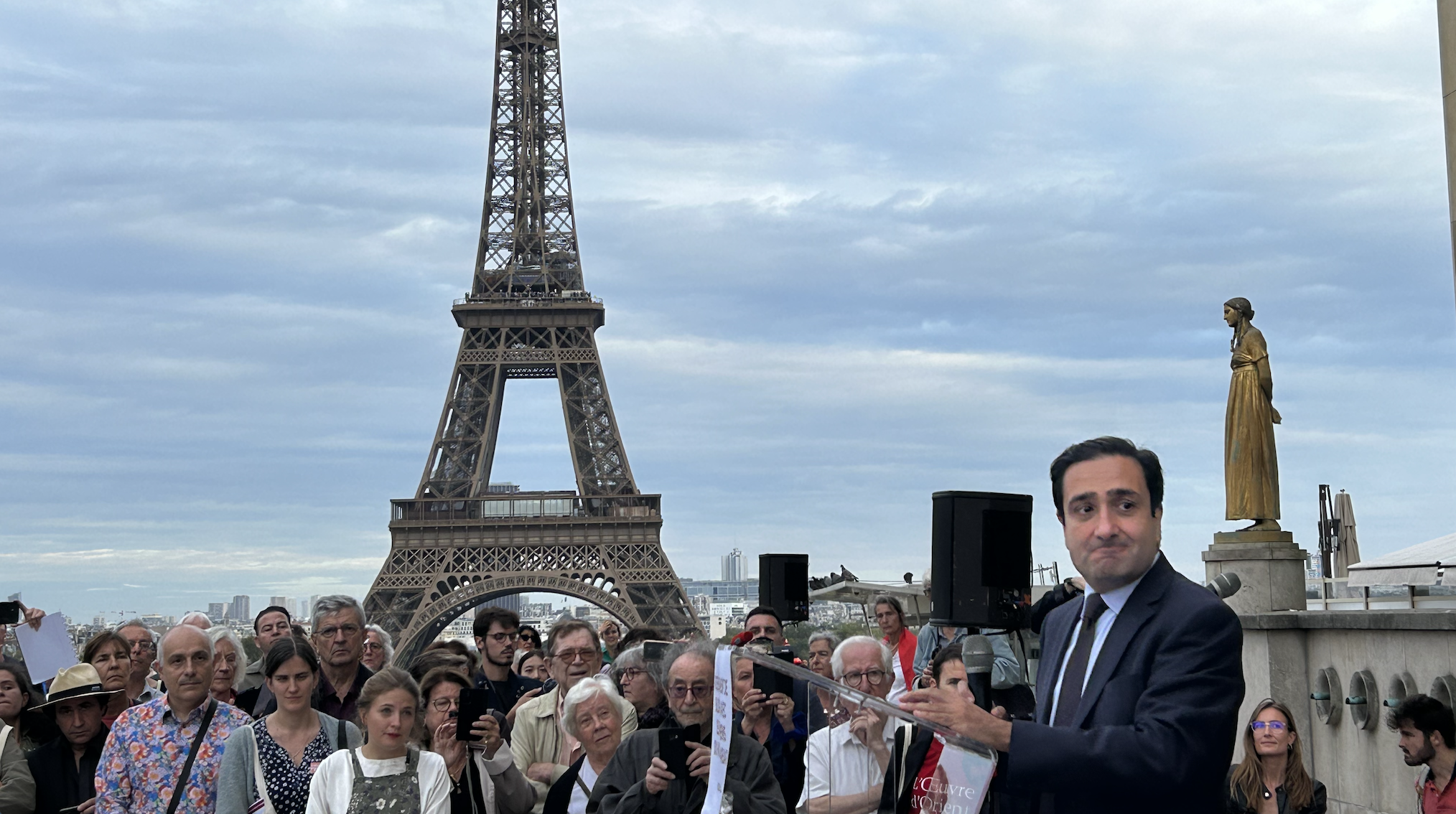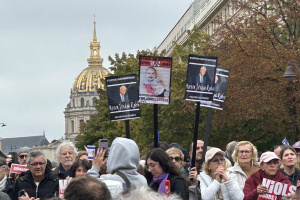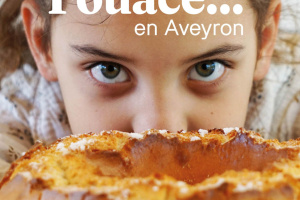Le nombre de foyers en situation de précarité en Angleterre ne cesse d’augmenter: ils étaient 108 720 à demander de l’aide à leur conseil municipal en 2012, à cause de la dégradation de la situation économique notamment. Malgré cela, le gouvernement prend des mesures qui tendent à paupériser la population. La dernière en date, surnommée « bedroom tax » et entrée en vigueur le 1er avril dernier, a reçu d’innombrables critiques. Elle vise à réduire drastiquement les allocations sociales si le ménage vit dans un logement avec plus de chambres que ce dont il aurait besoin. Cela s’accorde au discours politique ambiant, qui a tendance à assimiler ‘sans-emplois’ à ‘profiteurs’ et ‘fainéants’.
Jack is 50 years old. He is a fully qualified electrician but for the last 10 years has struggled to find work. “Times are hard for the whole industry” he says, “but if you’re old it’s even worse, no one wants to hire the old fellas.” For the last decade he has oscillated between low paid, menial jobs and periods of unemployment. Recently he was diagnosed with bipolar disorder which has made finding steady work even more challenging. Nine months ago Jack found himself in financial difficulties and was forced to leave his flat and live on the streets. Not long after that, Jack started selling The Big Issue.
The Big Issue is a social enterprise which offers homeless or vulnerably housed people the opportunity to earn money by selling a weekly magazine. Big Issue vendors buy their magazines for £1.25 and sell them for £2.50. Very few claim to be able to sell more than 40 or 50 in a good week. However, this is often enough to get them off the streets and into a hostel or B&B[1] for a few nights a week.
Homelessness accentuated by the latest government reforms
Accurate statistics for the number of people who sleep rough in Britain each night are difficult to ascertain but the homeless charity Crisis shows that from 2003 to 2009 there was a notable decline in the number of households applying to their local council for homelessness assistance. However, since then the figures have increased dramatically. In 2012 108,720 households in England alone applied to their local council for homelessness assistance – a six per cent rise on the previous year and a staggering 22% rise 2010. A recent report by Crisis concludes that “it is likely that homelessness will increase yet further, as the delayed effects of the economic downturn, cuts to housing benefit and other reforms all start to bite.”
In the wake of this ominous prognosis, the so-called ‘bedroom tax’ – a levy on social housing which forces tenants to pay higher rent if they have more bedrooms than they need – was introduced last month. An investigation by the British newspaper The Independent this week revealed that the bedroom tax has led to a more than five-fold increase in people applying for emergency handouts to help cover their rent.
This is happening as the discourse around unemployment is becoming increasingly couched in the binary terms of hard-working ‘strivers’ versus feckless and amoral ‘shirkers’. Tory ministers repeatedly imply disdain for the unemployed with references to policies intended to help ‘hard working families’. “Where is the fairness,” asks George Osborne, the Chancellor of the Exchequer, “for the shift worker, leaving home in the dark hours of the early morning, who looks up at the closed blinds of their next-door neighbour sleeping off a life on benefits?”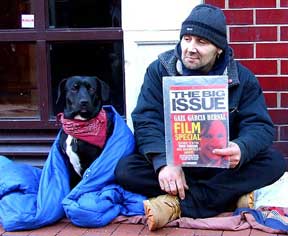
Who are the real ‘strivers’?
In Jack’s home town of Birmingham, there are more than 200 Big Issue vendors at any one time. “It’s a situation like the 1930s here in Birmingham,” said Councillor John Cotton. “We are a city that has a hill to climb in terms of deprivation. With the impact of changes like this [the bedroom tax], the hill just got even steeper. It’s putting more pressure on vulnerable communities.”
Thanks to the Big Issue Jack is occasionally able to afford a hostel or a B&B for the night, but the introduction of the bedroom tax has made finding affordable housing all the more difficult. “I can’t make plans for the future” he says, “I just have to live day to day and hope that things will eventually get better.” I ask what he would do if he could not sell the Big Issue. “I don’t know,” he replies “I’d just be sitting around, feeling depressed and sleeping rough every night”. Jack’s story – and the untold stories of countless others like him – reveals the sad truth about poverty in Britain today. Far from personifying the crude caricature of the feckless, amoral shirkers who are happy to ‘sleep off a life on benefits’, those on the bottom rung of the economic ladder are often those to whom life has dealt a series of hardships. They are those who need and deserve the support that is currently being systematically taken away from them. They are Britain’s real ‘strivers’.
To make a donation to The Big Issue Foundation go to http://www.bigissue.org.uk/donate
Nathan Busby
[1] Bed & Breakfast












